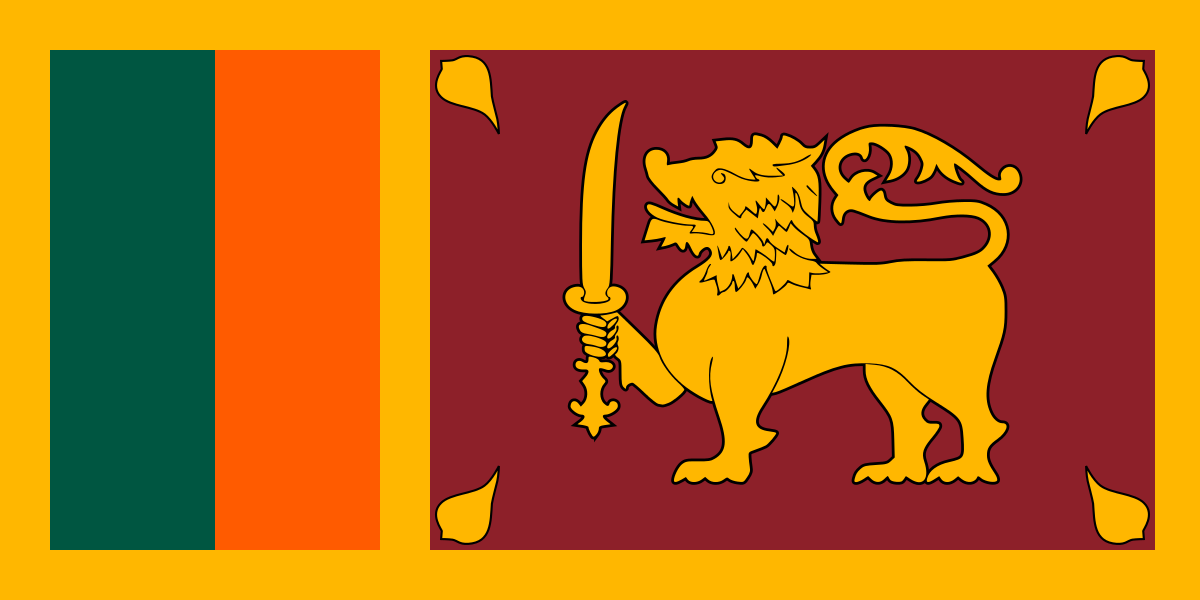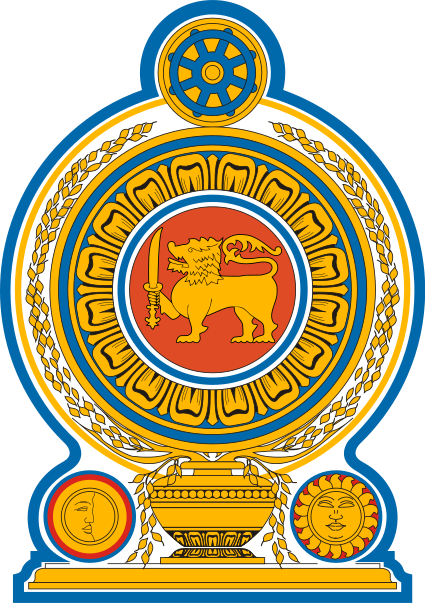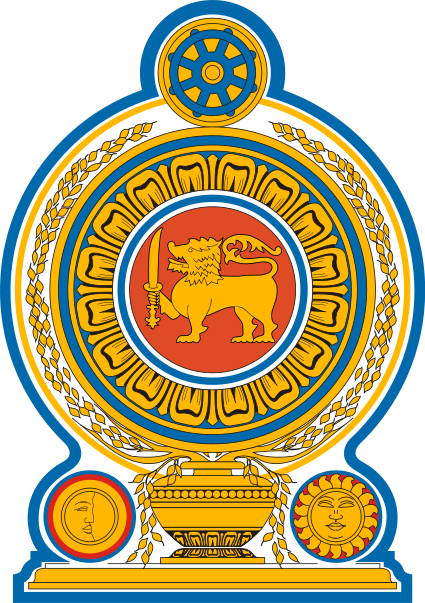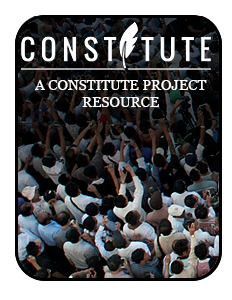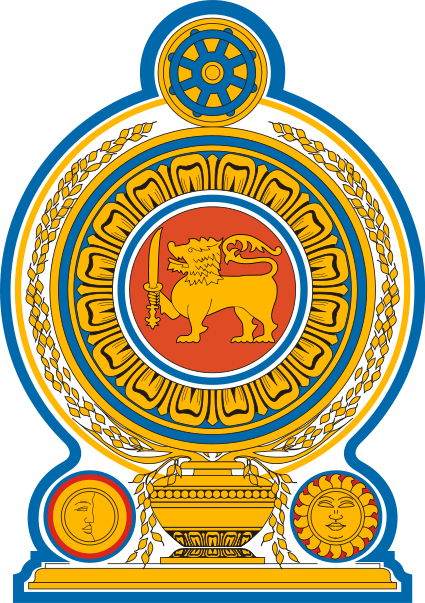The first Sinhalese arrived in Sri Lanka late in the 6th century B.C., probably from northern India. Buddhism was introduced circa 250 B.C., and a great civilization developed at the cities of Anuradhapura (kingdom from circa 200 B.C. to circa A.D. 1000) and Polonnaruwa (from about 1070 to 1200). In the 14th century, a south Indian dynasty established a Tamil kingdom in northern Sri Lanka. The Portuguese controlled the coastal areas of the island in the 16th century and the Dutch in the 17th century. The island was ceded to the British in 1796, became a crown colony in 1802, and was formally united under British rule by 1815. As Ceylon, it became independent in 1948; its name was changed to Sri Lanka in 1972. Tensions between the Sinhalese majority and Tamil separatists erupted into war in 1983. After two decades of fighting, the government and Liberation Tigers of Tamil Eelam (LTTE) formalized a cease-fire in February 2002 with Norway brokering peace negotiations. Violence between the LTTE and government forces intensified in 2006, but the government regained control of the Eastern Province in 2007 and by May 2009, the remnants of the LTTE had been defeated. Since the end of the conflict, the government has enacted an ambitious program of economic development projects, many of which are financed by loans from the Government of China. In addition to efforts at reconstructing its economy, the government has resettled more than 95% of those civilians displaced during the final phase of the conflict and released the vast majority of former LTTE combatants captured by Government Security Forces. At the same time, there has been little progress on more contentious and politically difficult issues such as reaching a political settlement with Tamil elected representatives and holding accountable those alleged to have been involved in human rights violations and other abuses during the conflict.
Sri Lanka is a presidential republic.
Source: CIA World Factbook
Members:
Resources
Displaying 1 - 5 of 17Water’s Edge Judgement S.C. (F/R) No. 352/2007
Supreme Court's Judgement
Land Acquisition Regulations 2009
REGULATIONS imposed by the Minister of Land and Land Development under Section 63(2)(f) of the Land Acquisition Act, No. 09 of 1950 and approved by the Parliament of Sri Lanka on 17th March, 2009.
Sri Lanka National Involuntary Resettlement Policy (NIRP)
Sri Lanka National Involuntary Resettlement Policy (NIRP)
Constitution of Sri Lanka 1978 (rev. 2015)
The constitution was drafted and enacted by the National Assembly and promulgated by the President.
Land Acquisition (Amendment) Act, No. 13 of 1986
An Act to amend Land Acquistion Act

